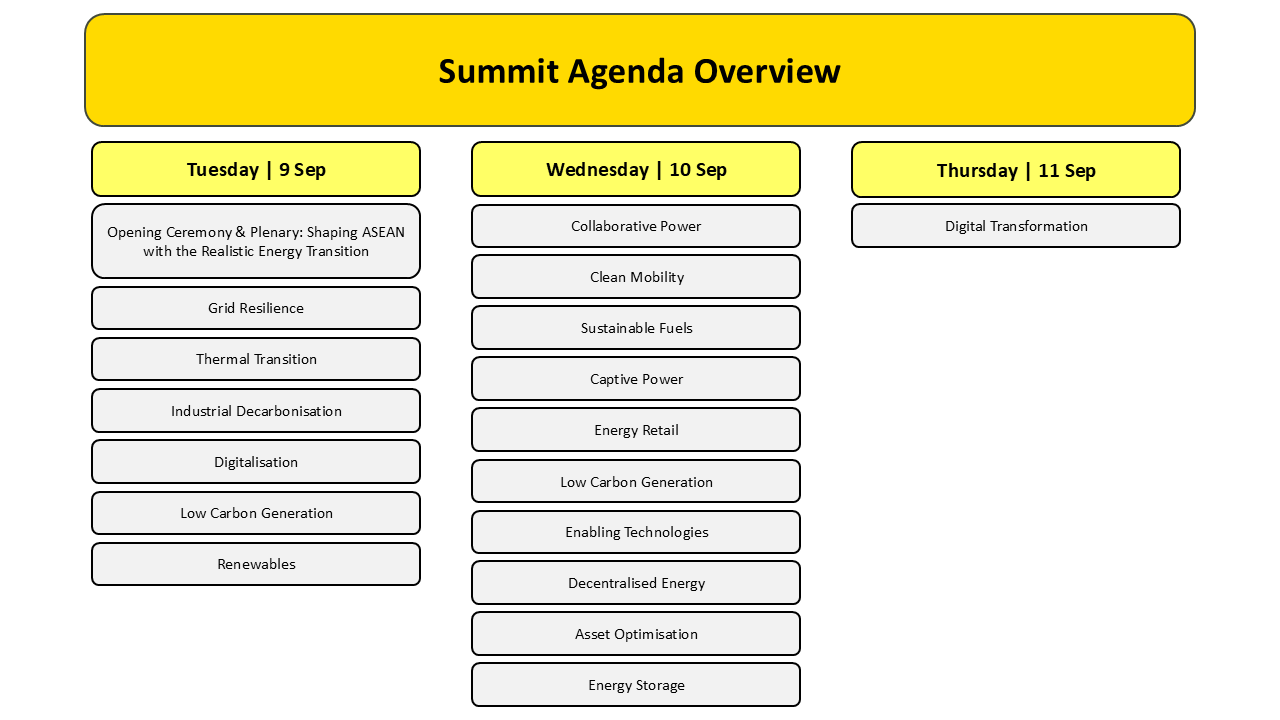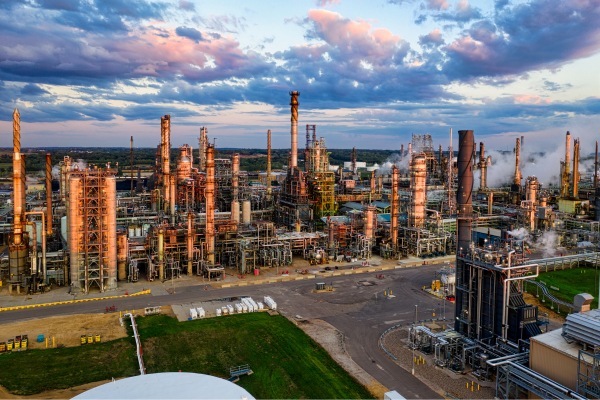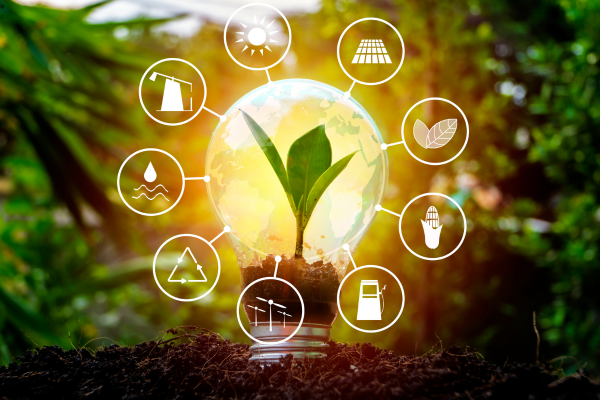Enlit Asia Summit agenda offers a high-level view of the key themes and discussion points that will shape the region’s energy future. From power generation and grid modernisation to clean energy integration, digital transformation, and financing strategies, the programme is structured around dedicated tracks designed to address the most pressing challenges and opportunities in ASEAN’s energy transition.
Summit Overview
Subpage Hero



Opening Plenary: Shaping ASEAN with the Realistic Energy Transition

The opening plenary focuses on ASEAN's journey towards carbon neutrality while ensuring energy security, including renewable energy integration, digitalisation, financing, regulatory framework and incentives to encourage a holistic energy transition.
Key topics include:
-
Balancing energy security and net-zero emission strategies.
-
Exploring opportunities and challenges in renewable energy, natural gas, hydrogen, and nuclear energy.
-
Addressing financing, carbon trading, and bankability challenges.
-
Examining regulatory frameworks and private-sector collaboration.
-
Discussing digital solutions, energy storage, transition fuels, and cross-border transmission.

Collaborative Power

This plenary session will focus on balancing energy transition with growth, updates on cross-border transmission, and regional collaboration for a digitalised, decarbonised power sector.
Key topics include:
-
Balancing energy transition with economic growth in Asia.
-
Updates on cross-border power transmission projects in ASEAN.
-
Advancing regional collaboration for a decarbonised power sector.
-
Utilising digital solutions and AI for energy efficiency.
-
Leveraging digitalisation and smart grid technologies for cross-border trading and grid stability.

Digital Transformation

This plenary explore how ASEAN’s power sector is accelerating its digital journey—from cloud-enabled operations and AI-driven asset optimisation to grid modernisation and data-first decision-making.
Key topics include:
- Aligning digital investments with decarbonisation goals
- AI, predictive analytics, and digital twins in action Open standards and interoperability across the power value chain
- Cloud adoption, cybersecurity, and regulatory readiness

Grid Resilience

This stream focuses on enhancing the power grid's ability to withstand and recover from disruptions by leveraging digitalisation, advanced analytics, AI, and smart grid solutions to improve reliability, flexibility, security, and cross-border connectivity.
Key topics include:
-
Digitalisation to improve grid reliability and adaptability, including AI and advanced analytics for real-time monitoring and enhanced flexibility.
-
Smart grid strategies to strengthen the grid, manage renewable intermittency, and optimise operations through digital transformation and utility-customer communication.
-
Enhancing security measures for data, physical assets, and critical grid infrastructure.
-
Modernising transmission lines with advanced materials to combat climate change.
-
Strengthening cross-border grid connectivity to enhance energy security and reliability.

Clean Mobility

This stream focuses on the transition to sustainable transportation, emphasizing the integration of mobility and electricity, building a green mobility ecosystem, developing charging infrastructure, and exploring alternative clean transport technologies.
Key topics include:
-
Building an integrated green mobility ecosystem through cross-sector collaboration.
-
Developing infrastructure for green mobility like EV charging and renewable-powered hubs.
-
Leveraging EVs as energy storage and exploring vehicle-as-a-service models.
-
Identifying incentives, financing, and regulations to scale green mobility.
-
Exploring alternative clean transport technologies like hydrogen and e-fuels.

Thermal Transition

This stream examines the evolving role of thermal power generation in the energy transition, from natural gas as transition and other strategies in ensuring energy security and affordability.
Key topics include:
-
The role of natural gas as a transitional energy source.
-
Balancing cost, opportunities, and challenges in decarbonising power generation.
-
Strategies for transitioning from coal to natural gas.
-
Balancing emission reduction goals with energy security and affordability.
-
Exploring biomass/ammonia co-firing and CCUS readiness as decarbonisation pathways.

Sustainable Fuels

This stream examines the potential and challenges of sustainable fuels, particularly hydrogen, taking an ecosystem approach to infrastructure needs, cost reduction, and regulatory collaboration.
Key topics include:
-
Hydrogen infrastructure needs for large-scale adoption.
-
Cost reduction and technological advancements for hydrogen viability.
-
Development finance and risk mitigation for sustainable fuel economies.
-
Overcoming cost, supply chain, and shipping hurdles for sustainable fuels.
-
Regulatory-industry collaboration for a sustainable energy transition.

Industrial Decarbonisation

This stream address strategies and policies for reducing carbon emissions in industrial sectors. This includes mitigating CBAM implications, promoting renewable energy adoption and energy efficiency, improving emission data, exploring carbon pricing, and fostering public-private partnerships.
Key topics include:
-
Mitigating CBAM implications for high-emitting industries.
-
Promoting renewable energy adoption and energy efficiency in industry.
-
Improving data emission inventories and standardising emission calculation for CBAM.
-
Latest policies shaping industrial decarbonisation in the region.
-
Implications of carbon pricing on industrial competitiveness and emissions reduction.

Captive Power

This stream discusses decentralised electricity access and the role of corporate power purchase agreements (CPPAs) in driving investment and scalability.
Key topics include:
-
Investment trends and business models in decentralised energy, including CPPAs.
-
How CPPAs enable clean energy access and grid resilience for businesses.
-
Case studies of successful corporate PPA models.
-
Common challenges in establishing corporate PPAs.
-
Standardisation of renewable energy contracts for CPPAs.

Digitalisation

This stream focuses on the integration of digital technologies to enhance the energy sector.
Key topics include:
-
Leveraging AI and advanced analytics for grid reliability and adaptability.
-
Implementing smart grid solutions and digital transformation for optimised operations.
-
Enhancing system security with AI and cybersecurity measures like zero-trust architecture.
-
Driving digitalisation in energy through strategies and innovation in grid management.
-
Addressing workforce evolution and skills development for digital grid operations.

Energy Retail

This stream explores the transformation of energy retail through data analytics and AI, focusing on customer engagement, personalised experiences, demand response programs, and new revenue streams from flexibility services.
Key topics include:
-
Leveraging data and AI for customer engagement.
-
Regulatory shifts and retail competitiveness.
-
Customising demand response programs.
-
Utilising AI and data analytics for customer engagement.
-
Unlocking new revenue through flexibility services.

Low Carbon Generation

This stream focuses on strategies and innovations for reducing carbon emissions in power generation, starting from energy efficiency to digitalisation to operational excellence.
Key topics include:
-
Strategies for maximising efficiency in next-generation power generation.
-
Optimising the efficiency of conventional power generation.
-
Adopting innovative solutions for cleaner and more efficient power.
-
Leveraging digital tools (AI, automation, analytics) to optimise plant performance.
-
Integrating renewables and alternative fuels into conventional generation.

Enabling Technologies

This stream focuses on various technologies that enable decarbonisation, including CCUS in heavy industry, scaling innovation for net-zero industries, and exploring waste-to-energy opportunities.
Key topic include:
-
CCUS viability, scalability, and investment in heavy industry.
-
Hydrogen deployment: infrastructure, cost, and pilots.
-
Cost-effective industrial decarbonisation via process optimisation and heat electrification.
-
Industrial waste to energy: breakthroughs and benefits.
-
Regulations, collaborations, and financing for net-zero technology deployment.

Renewables

This stream concentrates on the deployment and integration of renewable energy sources, particularly for industrial decarbonisation.
Key topics include:
-
Practical strategies for industrial renewable energy integration.
-
Corporate PPAs and financing models for renewable adoption.
-
Navigating policy and regulatory pathways for industrial renewables.
-
Strengthening cross-sector collaboration for clean energy.
-
Overcoming barriers to renewable deployment in industries.

Decentralised Energy

This stream focuses on the integration of Distributed Energy Resources (DER) and smart substations to enhance urban resilience, grid stability, and the integration of renewable energy.
Key topics include:
-
Overcoming regulatory barriers for decentralised power.
-
Enhancing grid stability with DERs and microgrids.
-
Integrating renewables into decentralised systems.
-
Role of large energy users in DER & microgrids.
-
Deploying smart substations and integrating with smart cities.

Low Carbon Generation

This stream focuses on strategies and innovations for reducing carbon emissions in power generation, starting from energy efficiency to digitalisation to operational excellence.
Key topics include:
-
Strategies for maximising efficiency in next-generation power generation.
-
Optimising the efficiency of conventional power generation.
-
Adopting innovative solutions for cleaner and more efficient power.
-
Leveraging digital tools (AI, automation, analytics) to optimise plant performance.
-
Integrating renewables and alternative fuels into conventional generation.

Asset Optimisation

This stream discusses strategies and technologies for improving the efficiency, performance, and sustainability of power assets, including digital twins, advanced monitoring tools, IoT, predictive maintenance, and asset management in renewable energy projects.
Key topics include:
-
Leveraging digital twins for asset management.
-
Utilising advanced tools for asset monitoring.
-
Integrating digital technologies and IoT for asset performance.
-
Implementing predictive maintenance with AI and data.
-
Balancing short-term efficiency with long-term sustainability.

Energy Storage

This stream focuses on optimising energy storage solutions to enhance the integration of renewable energy sources, evaluating different storage technologies, addressing intermittency, and exploring scalability and sustainability.
Key topics include:
-
Choosing the right energy storage system: challenges and considerations.
-
Strengths and limitations of different storage technologies (pumped storage, batteries, emerging).
-
Strategising energy storage for RE intermittency.
-
Scalability and sustainability of energy storage, including innovative approaches.
-
Addressing cost, scalability, and lifespan of storage solutions.

)
)
)
)
)
)
)
)
)
)
)
)
)
)
)

)

)
)